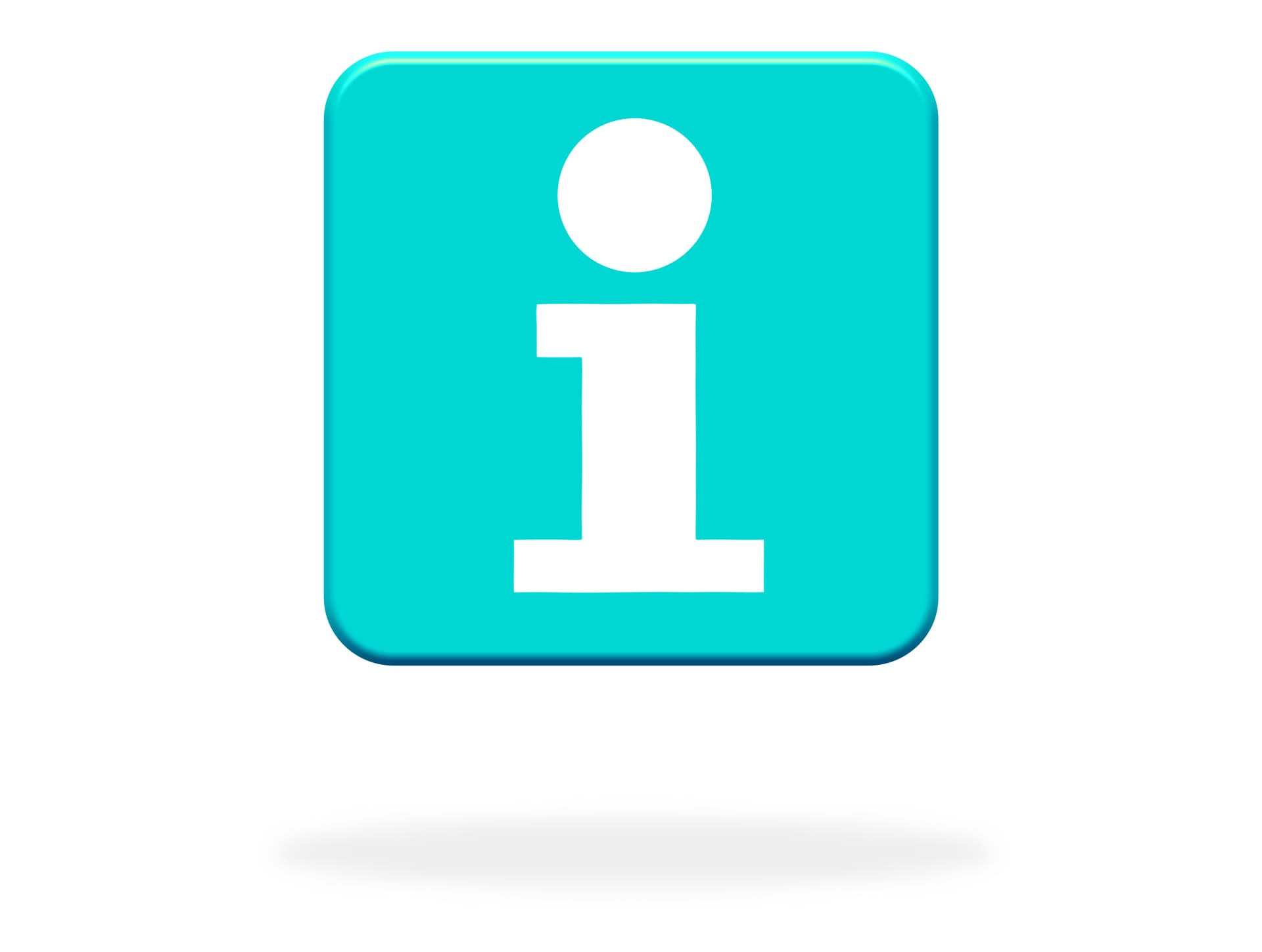Having Opioids Without a Prescription Is a Crime

It doesn't matter where you got them, from whom, or why you have them. If you have opioids and don’t have a valid prescription from a doctor, you are in illegal possession of a controlled substance.
It doesn’t matter if you got the opioids – say, Oxycodone – from a friend or relative who had a legitimate prescription but did not use all of the medication. If you don’t have a prescription yourself, possession of those opioids is a crime. It is just as illegal to use a fake prescription. People who are getting multiple prescriptions from different doctors through misrepresentations, false identities and the like, and filling them at different pharmacies are committing a crime. Additionally, any other scheme to obtain opioids through any means other than with a valid prescription issued by a doctor for a medical reason is illegal. Any of these activities is against the law and can result in serious prison time.
What Are Opioids?
Opioids are a family of powerful painkillers usually prescribed to deal with severe pain. Opioids include drugs such as morphine, Oxycodone, Oxycontin and the like. Like heroin – which is an illegal drug, but operates on the same principles that make opioids effective painkillers – opioids are primarily derived from the poppy plant. However, there also are synthetic opioids, which mimic natural opioids in effect but are created in the laboratory. These drugs include fentanyl, Duragesic, and other synthetics. Whether poppy-based or synthetic, opioids interact with opioid receptors in your brain and suppress feelings of pain while increasing feelings of euphoria. It is this euphoric aspect that helps make opioids addictive long after the need for pain control is gone.
Not all opioids require a prescription. Codeine, also an opioid, is widely available without a prescription in low-dose over-the-counter medications, such as some pain medications, as well as cold and cough remedies. Even with low-dose codeine products, the risk of addiction remains high. For that reason, Health Canada has proposed banning the non-prescription sale of codeine-based medications.
Because opioids are so powerful and addictive, most are listed as Schedule I drugs – the most restricted category – under Canadian law. That classification results in considerable restrictions on the use and possession of opioids, starting with requiring a medical prescription. Obtaining Schedule I drugs through means other than a valid prescription from a doctor, possessing such drugs without a prescription, using these drugs, or being under their influence without a prescription all are crimes. These crimes can yield a maximum sentence of seven years in prison. Trafficking, exporting or manufacturing opioids can earn you a life sentence.
If You Are Facing Drug Charges Related to Opioid Possession, Contact the Lawyers of Bourdon Defence
Illegal possession of opioids entails serious charges with potentially severe consequences. If you are facing such charges, you need to talk to a lawyer to determine what your best options are. The lawyers of Bourdon Defence can help. You can reach us at (403) 474-4143